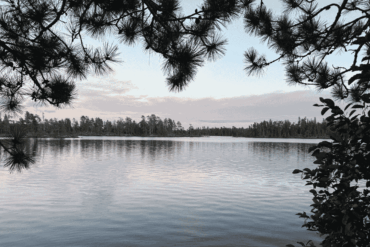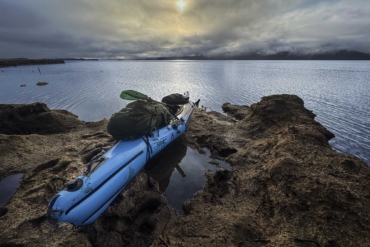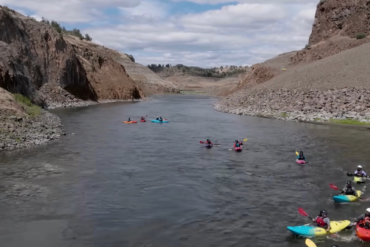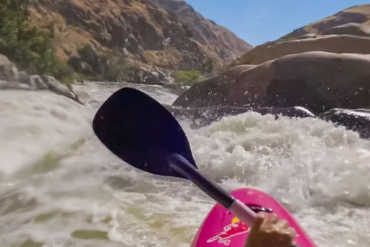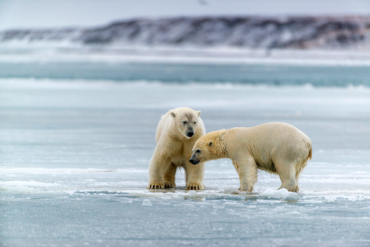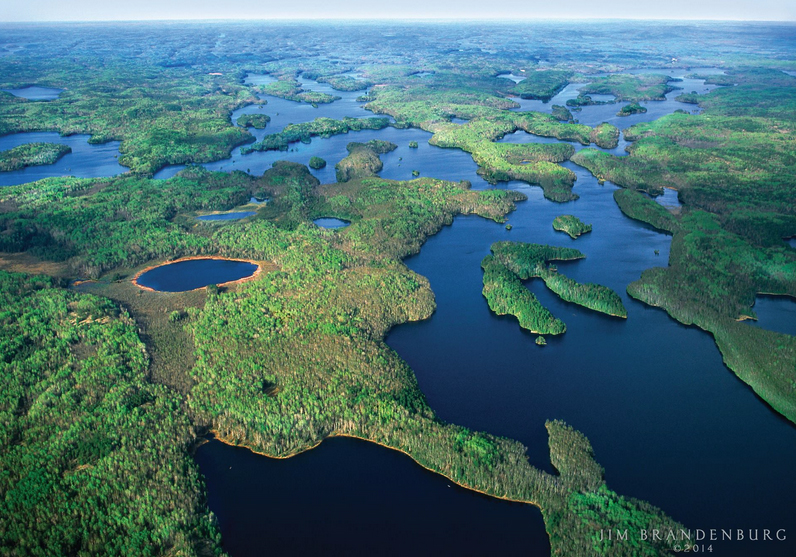
Two wilderness advocates are traveling 2,000 miles by canoe to oppose mining in Minnesota that they say will damage the pristine Boundary Waters Canoe Area.
As they travel from their home near the Boundary Waters, through the Great Lakes by sailboat (with their canoe strapped to the deck), across Canada and eventually south to Washington D.C. by canoe and portage, Amy and Dave Freeman are collecting signatures in opposition to proposed sulfide-ore mining in the Paddle To DC project.

While the Boundary Waters are already a designated wilderness area, nearby mining could damage the fragile ecosystem through polluted runoff.
Some back story: In 1964, Congress passed the Wilderness Act to set aside 9.1 million acres of wild lands, including the 1million acres of the Boundary Waters Canoe Area Wilderness, for the use and benefit of the American people.
Today, the Boundary Waters is America’s most visited Wilderness Area, and it is at the heart of an economy in northeastern Minnesota, supporting 18,000 jobs and bringing $800 million in tourism sales annually to the region.
Even though it’s been protected for 50 years by the Wilderness Act, the BWCA is now jeopardized by proposals to bring industrial sulfide-ore mining — an industrial process that has never before been permitted in Minnesota — to places so close that pollution may run downhill into the BWCA.

Their 100-day journey, which you can follow at the Paddle To DC site, began on Sunday, August 24, 2014, and it will conclude on December 3, 2014, when Dave and Amy and their canoe — a floating petition covered with signatures gathered along the way — arrives at the U.S. Capitol.
Show your support today by virtually signing “Sig,” the petition canoe, here.
—Amber Collett is an independent consultant for Save the Boundary Waters, non-profit organization.
